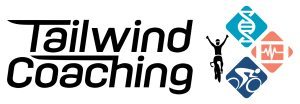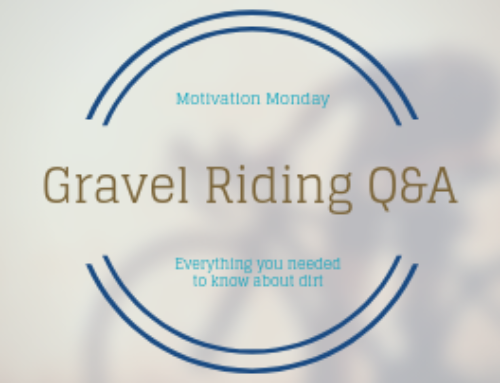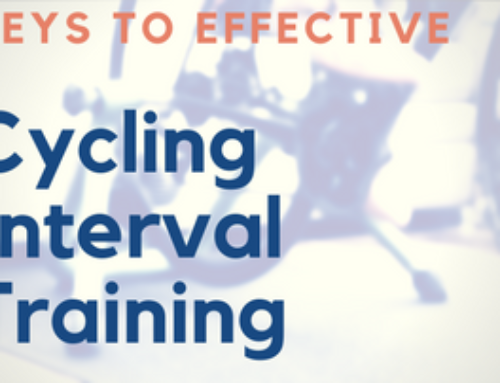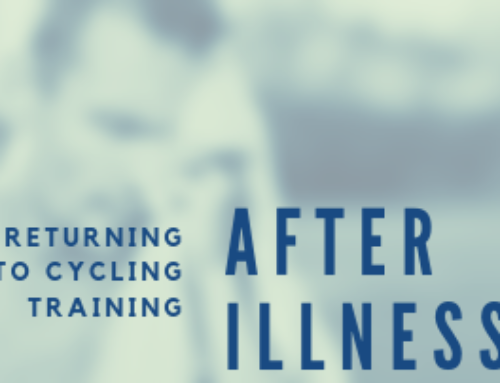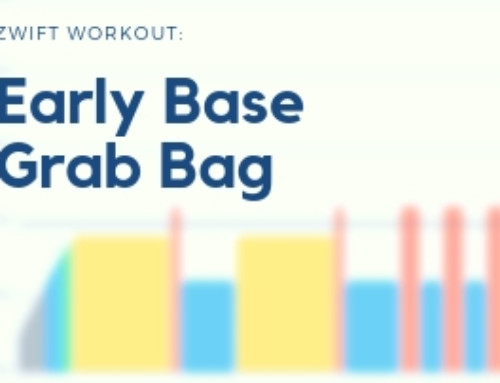Traditionally, Labor Day marks the end of the road and crit racing season and the start of cyclocross. For me, that means it's time to shut down the training and wind down for the season. Most people start easing into the off-season by riding for fun and putting in a few “junk miles.” I've mentioned in the past that fall is my favorite time of year to ride, and this year will be no exception. Getting away from training is often a refreshing change of pace.
This year, I've spent most of the year away from my bike, so there's no training to get away from.
For the first time in many years, I've put in less than 2,000 riding miles. I've done minimal training and I've raced fewer times than I have fingers on one hand. My riding has been limited to 40 miles every 10 days or so. With that little riding, it's been impossible to train with any regularity. I've been stuck with short, high-intensity efforts in a desperate attempt to find some form and fitness. Alas, it was not to be.
This year, my riding has basically been “junk miles.”
Just this morning after a short hour on the deep back roads of NJ, I came to this realization. I also realized that I have learned something through this year's lack of training.
Click through and learn what junk miles mean to me and what they could mean to you.
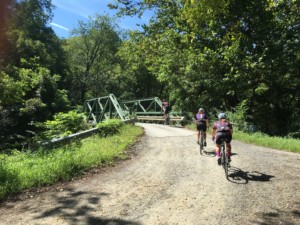 What are “junk miles?”
What are “junk miles?”
I've talked about junk miles in the past, and I even got into a discussion about junk miles with Selene Yaeger. Since I've never actually defined it, I'll tell you what I consider to be “junk miles.”
Junk miles are those rides that don't have an objective. If you're training for a specific goal, you need to have a goal for each ride and an objective for each training block. This is even more important if you have limited training time available. Junk miles only serve to add training volume to your program without adding specific value or valuable interval training time.
Sometimes, those rides DO have value. They allow for a level of mental relief from training as well as mixing up your interval work in a couple of different ways. Check out these tips to get some fitness gains out of your junk miles and add some fun to your training.
Get Some Mental Respite
There's something to be said for mentally freeing rides. These can be anything from a quick spin to the coffee shop with your friends or a tour through the countryside. Mentally, the ability to go out and pedal without having to worry about training zones, interval times and intensity factors is huge. It lets you focus on the joy of riding and the quiet simplicity of pedaling a bike. Such pursuits can bring you back to earlier days where your bicycle was your ticket to freedom.
Getting away from your training schedule can also allow you to roam free in the countryside. Tackling climbs at maximum effort can build a sense of confidence. It allows you to showcase the fitness you've been building throughout the season. You will also gain a fresh outlook on how you ride and you may learn a few additional things to work into your training. Sometimes interval work can “put the blinders on” and force you to think inside the box. A few days worth of junk miles can allow you to try new techniques and different ways of riding the same roads.
How to get some mental respite: Go out on a ride with your friends and leave your interval program behind for the day. Ride with them, chat with them, attack them and just let your body work without constraints.
Ditch the Data
When I race on the track, the officials always check everyone's bike before each race. They check to see that you don't have a [easyazon_link identifier=”B010SDBGQU” locale=”US” tag=”taicoaandthed-20″]Garmin device[/easyazon_link] or other [easyazon_link identifier=”B000P1RO7Q” locale=”US” tag=”taicoaandthed-20″]computer on your bars[/easyazon_link]. If you have a computer attached to your stem, they'll tell you to flip it over or cover it up (or put it in your pocket, assuming you have one.) Why would they do such a thing?
They want you to race by feel.
Learning to ride by feel is a key component to all of my training systems. It's also one of the most important skills you can develop regardless of your goals. You may not always have a power meter on your bike. A heart rate monitor battery could die. The cadence meter could fail. Your computer could die. What happens then?
If you can't ride by feel and have a concept of what your body is doing, you're at a huge disadvantage. In many cases, you won't have time to look at a computer during a race or event. Getting in the habit of staring at your power numbers and relying too much on them will make you unable to ride on instinct and intuition.
How to ditch the data: I don't advocate leaving your technology at home. You still want to record your rides and log them in your training log, because it's important to see how much work you're doing. Simply change the display to read something like “miles” or “elapsed time” and leave it at that. If you're completely unable to bring yourself to change the screens, put a piece of duct tape over the screen so you can't see it.
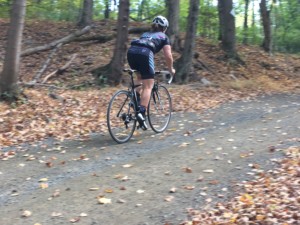 Get Some Junk Mile Intervals
Get Some Junk Mile Intervals
If you're stuck in a rut and you're finding junk miles to be a little more palatable, you can still gain some fitness from them. By taking a more “organic” approach to training, you can let the terrain dictate your fitness gains. By using a route mapping software like RideWithGPS, you can plan out a route that will challenge your known weaknesses. You can let the hills dictate your climbing intervals. Flat roads dictate time trial type intervals and you can let dirt roads help you build muscular endurance.
Even if you don't use a mapping software and just set off in a random direction to explore, you'll find some interval work somewhere. Don't be afraid to attack the climbs and flats at your hardest. You can always analyze the work you did later on.
How to get junk mile intervals: Attack the climbs, flats, and other terrain features as hard as you can. It doesn't necessarily matter if you're “in your zone.” Just ride. Post analysis of your ride will help you figure out where you were working during those efforts. You'll soon learn what each zone feels like without looking at your power meter.
So maybe “junk miles” aren't junk at all. The mindset with which you head into them along with the tangible (and intangible) benefits you get out of those miles can make all the difference. Keep in mind that I'm not advocating ditching your training program and just riding. Far from it. But at times, you need that relief from zones, intervals, and schedules. What I'm saying is that once in a while, take a day to get out and ride. Take what your training plan says and loosely follow what it asks of you (if it asks for VO2 work, head into the hills) during your junk miles. Cover up your computer and just ride for the fun of the ride. Worry about what you accomplished after the fact and enjoy the ride.
I know this has improved my mindset at the end of a season lost to the perils of real life. I managed only one racing day, but some late season junk miles with friends have put a new perspective on my riding. If you're stuck in a rut, adding some junk to your program might be just the ticket you need to hop out of it.
